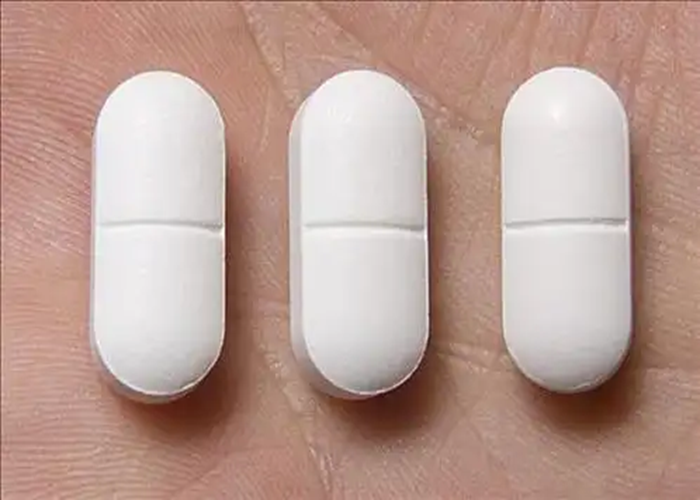Prescription rates for weight loss medications, particularly glucagon-like peptide-1 (GLP-1) receptor agonists such as Wegovy, Ozempic, and Zepbound, have surged dramatically in recent years, with young women driving much of the increase. Experts attribute the rise to a combination of social pressures, health considerations, and the increasing accessibility of these medications. However, questions remain about the long-term safety of these treatments, especially regarding their use in pregnancy and their potential for lifelong dependency.
Explosive Growth in Prescriptions
The popularity of GLP-1s has grown rapidly since 2020, fueled by the success stories shared on social media and the increasing recognition of their effectiveness for weight loss. These medications, initially approved for type 2 diabetes, have become a sought-after tool for shedding pounds. In 2023 alone, prescriptions for GLP-1s among young adults aged 18 to 25 skyrocketed, increasing from just under 5,000 monthly prescriptions in 2020 to over 37,000 by 2023. Notably, women accounted for approximately 75% of this rise.
For many young women, these drugs offer a solution to the challenges of maintaining a healthy weight, which can be particularly difficult due to societal pressures and health conditions such as polycystic ovary syndrome (PCOS). “There is societal pressure on women to look a certain way, and many are turning to medications like these to meet those expectations,” says Dr. Joyce Lee, a pediatric endocrinologist at the University of Michigan.
Addressing Underlying Health Concerns
While the surge in GLP-1 prescriptions is partly driven by the desire to lose weight, it is also linked to addressing specific health issues. PCOS, for instance, affects a significant portion of women and can lead to weight gain, insulin resistance, and other complications. For women like Haley Sipes, who gained 75 pounds through diet and exercise alone, medications such as Zepbound have provided relief not only from weight-related concerns but also from the physical symptoms of PCOS.
Sipes, who had initially resisted weight loss medications, found that after losing weight, maintaining it proved to be even more difficult. After starting Zepbound, she has successfully maintained her weight loss and experienced relief from PCOS-related symptoms. “The medication has given me back my power,” says Sipes, reflecting on the freedom she now feels from constant thoughts about food.
Societal Pressures and Gender Bias
The societal burden on women to achieve and maintain a certain body image plays a critical role in the rising demand for weight loss medications. Women, more than men, are often scrutinized for their weight and the methods they use to lose it. This societal pressure is compounded by the stigma surrounding the use of weight loss drugs. As Sipes notes, “Diet culture can be super toxic, but it’s okay to have a little pride in your appearance.”
While men are also subject to body-related pressures, these pressures are less pronounced. Dr. Lee points out that men are less likely to face criticism for using medications like growth hormones, which are used to treat conditions like short stature. This discrepancy highlights the gendered nature of weight loss drug prescriptions, with women feeling an added weight of judgment and expectation.
The Unanswered Questions
Despite the clear benefits of GLP-1s for many individuals, experts warn that there are still many unknowns, particularly for young women. One significant concern is the safety of these medications during pregnancy. While they can help with weight loss and insulin resistance, studies suggest that GLP-1s may increase the risk of birth defects and low birth weight in animal models, raising questions about their safety for women who wish to conceive.
Further research is needed to understand the long-term implications of these medications. Although data suggests that drugs like Wegovy are effective and safe for up to five years, the effects of extended use beyond that time remain unclear. There are also concerns about the consequences of “cycling” on and off these medications.
The Bigger Picture
Despite the growing use of GLP-1s, experts remain cautious about relying solely on medications to address the obesity epidemic. Dr. Lee questions whether these treatments are merely a temporary solution to a much larger societal problem. “Are we band-aiding the bigger issue of what led to the obesity epidemic in the first place?” she asks, highlighting the need for broader public health interventions to address the root causes of obesity.
For now, medications like Zepbound offer a new avenue for many women, including Sipes, who describe their experiences as life-changing. Sipes, who has struggled with weight and body image issues for years, feels liberated by the medication. “I’m walking around thinking, ‘Is this how other people feel normally?’ It’s very liberating. It’s freedom,” she says.
As the use of GLP-1s continues to rise, the conversation around their safety, efficacy, and the societal pressures driving their use is only just beginning.
Related Topics:
Who Shouldn’t Take Weight Loss Injections


